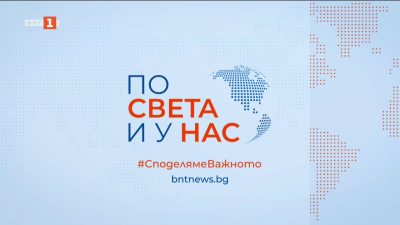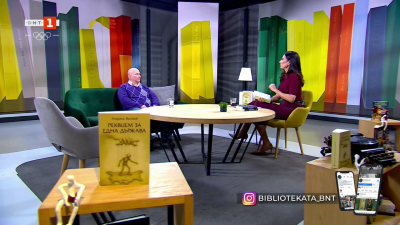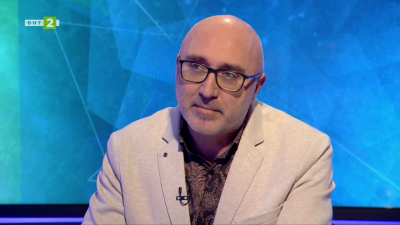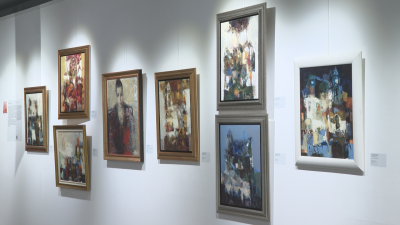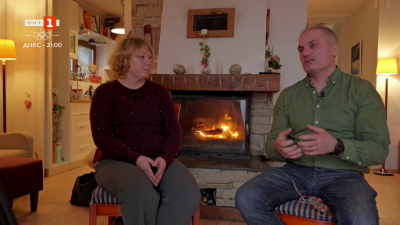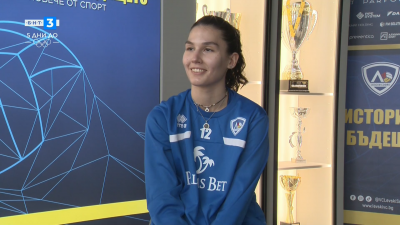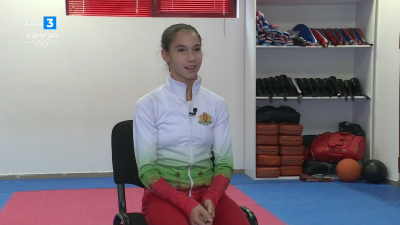Bulgaria celebrates the Day of National Revival Leaders
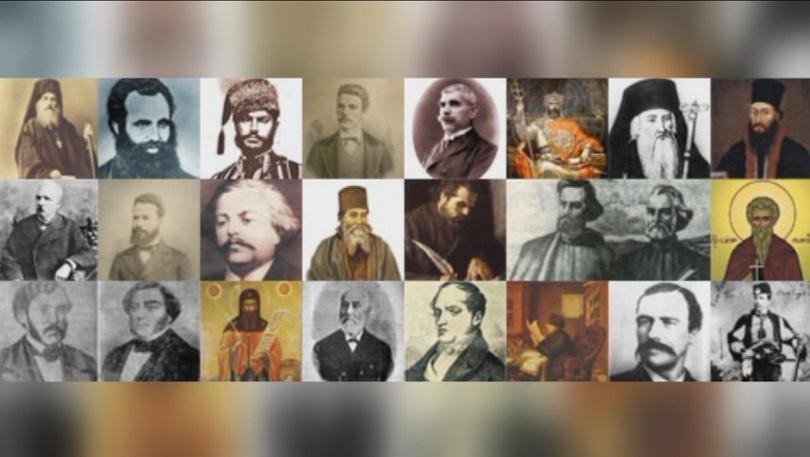
Every year on November 1st, Bulgaria celebrates the Day of the National Revival Leaders.
The day is devoted to enlighteners, bookmen and fighters for national liberation who preserved the spiritual values of the nation over the centuries.
On that day, Bulgarians pay tribute to those involved in teaching, studying culture or scientific work.
Paisius of Hilendar wrote "Istoriya Slavyanobolgarskaya" (Slav-Bulgarian history) in 1762, His first follower was Sophronius of Vratsa was, chronologically speaking, the second most important figure of the Bulgarian national revival, an enlightener of the people and a church hierarchy In difficult times for the Bulgarians, he wrote books and worked for political liberation.
The most popular Bulgarian intellectual leaders are Sophronius of Vratsa, Joasaph Bdinski, Gregory Tsamblak, Constantine of Kostenets, Vladislav the Grammarian, Pop Peyo (Peyo the Priest), Matey Gramatik (Matey the Grammarian), John of Rila, Neofit Bozveli, brothers Dimitar and Konstantin Miladinov, George S. Rakovski, Vassil Levski, Hristo Botev, Ivan Vazov, Stefan Karadzha, Hadzhi Dimitar, Lyuben Karavelov, Dobri Chintulov and many others.
The day is marked with hoisting of the national flag in front of the building of the Presidency in Sofia.
Bulgaria’s President and Commander-in-chief of the Bulgarian armed forces, Roumen Radev, greeted the guard of honour unit.
***
The holiday was first celebrated in 1909 in Plovdiv.
In 1922, a proposal was submitted to the Council of Ministers by Stoyan Omarchevski, Minister of National Education of Bulgaria, to designate November 1 as the Day of the Bulgarian National Enlighteners.
As of 1st of November 1923, the day of national revival leaders was made an official holiday with a decree of Tsar Boris III (King Boris III) in honour of those visionaries who made a conscious effort to preserve the Bulgarian culture and did so much to establish a sense of national pride and lay the foundation for Bulgarian liberation (from Ottoman Rule).
It was banned in 1945 after Bulgaria came under Communist rule. The celebrations were resumed in 1992. It was then officially declared as the Day of the leaders of Bulgarian national revival and is a day off for all schools in the country.
It honours the most outstanding figures of the Bulgarian National Revival.
The “Bulgarian National Revival” refers to a period of national integration among Bulgarian people under Ottoman rule. It began in the late 18th century and lasted until the Liberation of Bulgaria in 1878 as a result of the Russo-Turkish war.
Get the latest news wherever you are!
Follow us on
Facebook
and
Instagram
Follow BNT’s YouTube channel
You can now also watch us on
TikTok
Find us on
Google News







